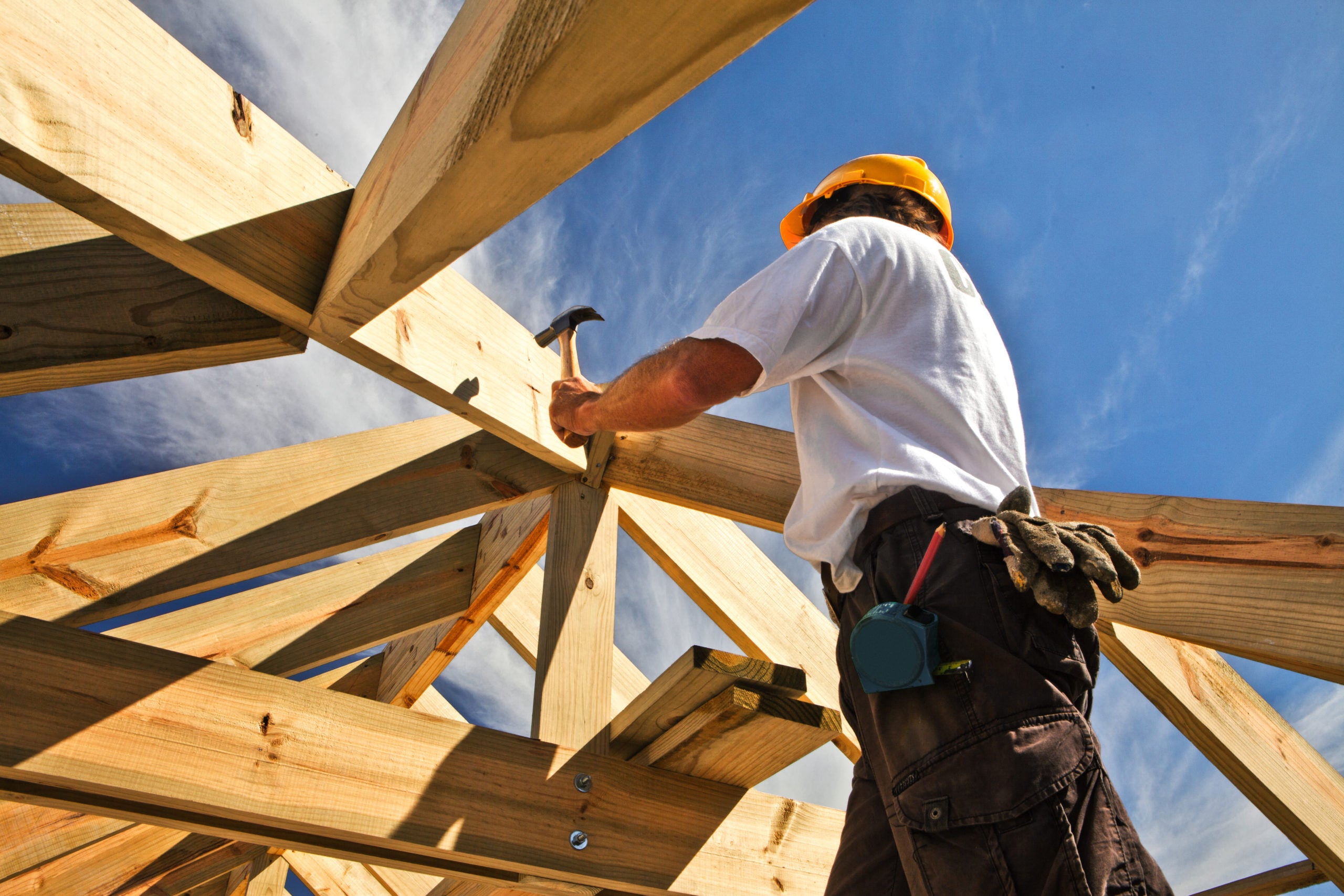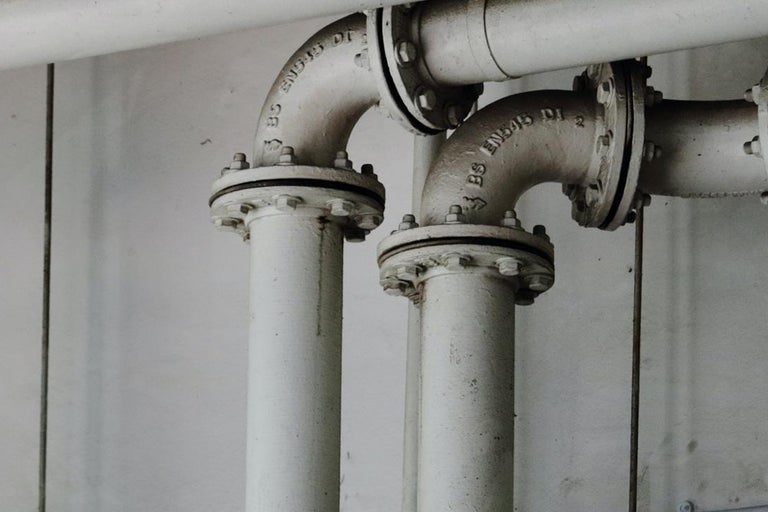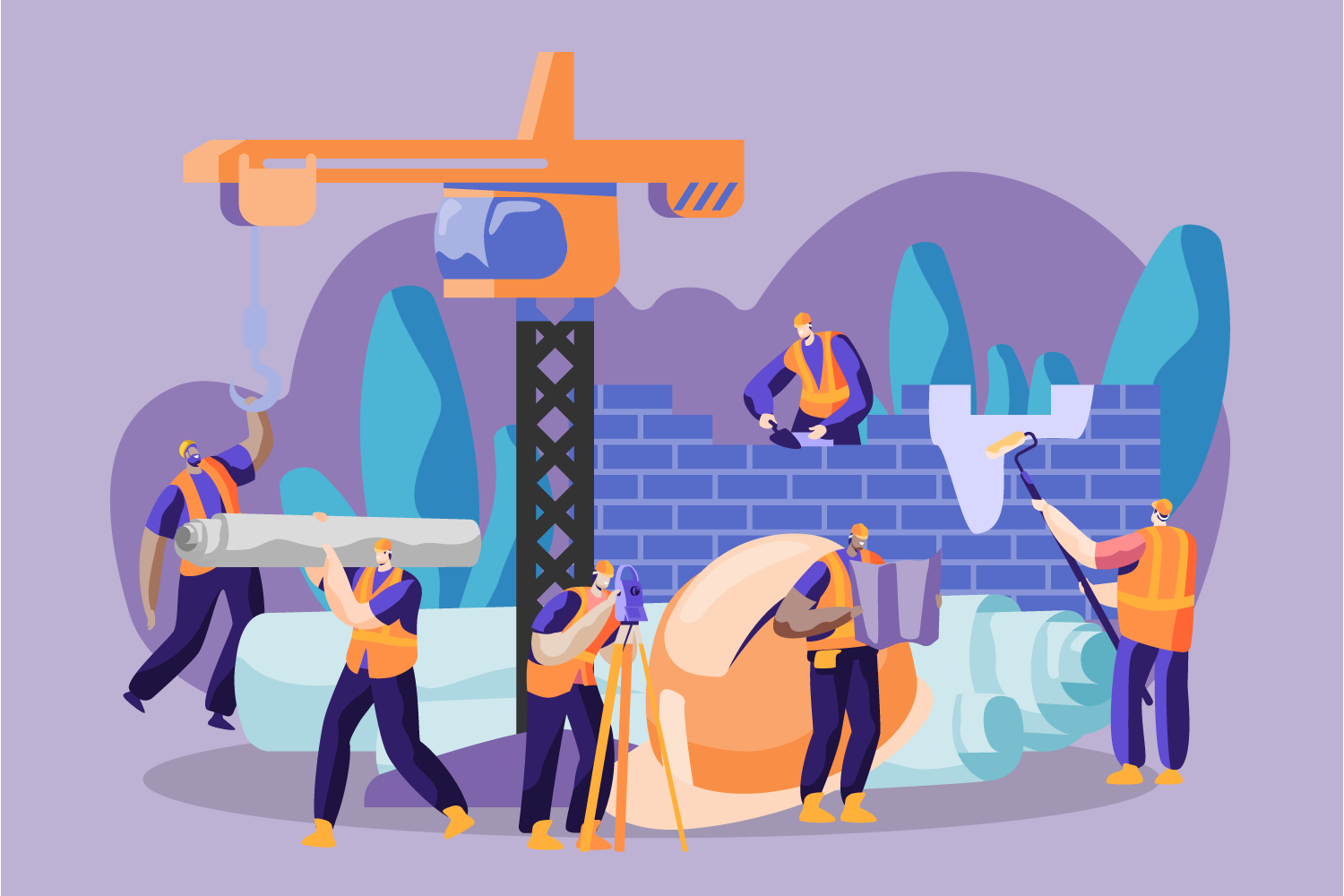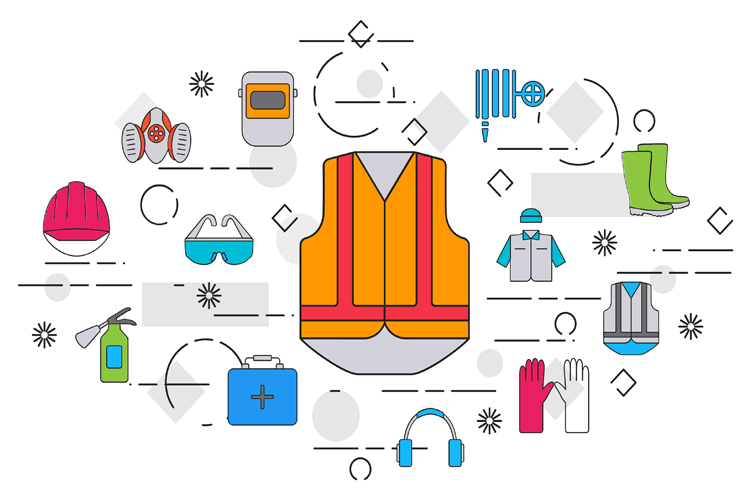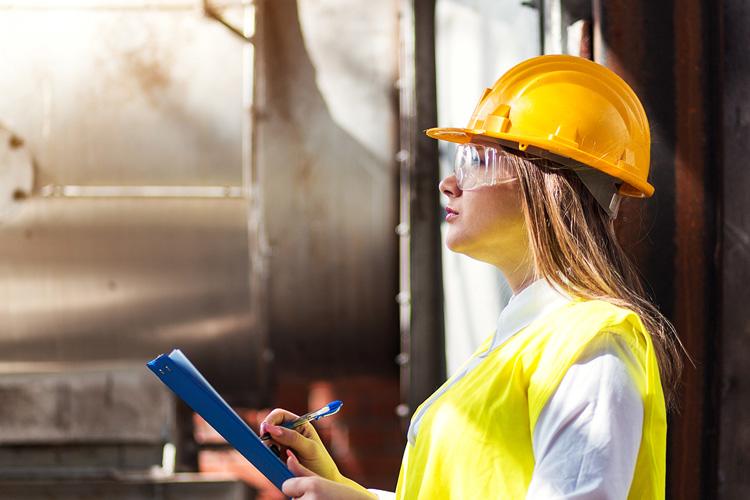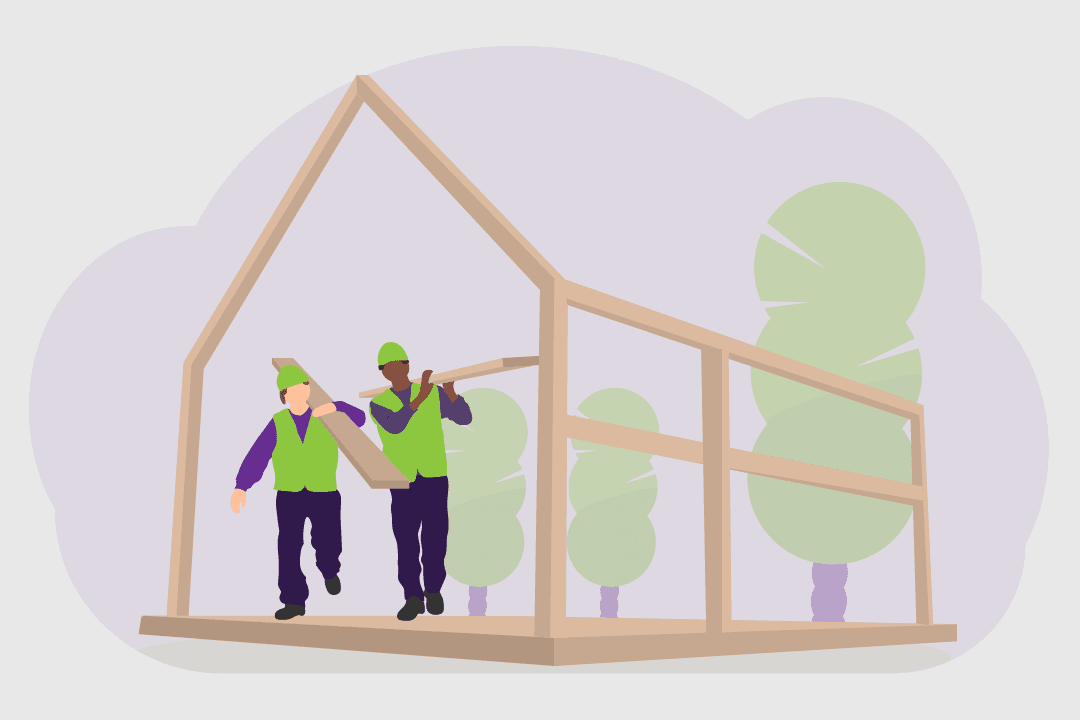Builder job description
Let’s get real. Job information online can often be overly optimistic — conveniently glossing over the raw bits. But when you’re making decisions about your future, you need all the facts.
That’s why we anonymously surveyed builders about their job, with hopes of getting an honest insight into what it’s really like.
While we did our best to ensure respondents were Australians and verified their job titles with proof of employment, we can’t guarantee complete accuracy — or that your experiences in the field will reflect theirs. So, we suggest that you take these insights as a guide only and try to talk to people in the field before making an important decision.
Tasks and responsibilities for a builder
A job as a builder involves many elements. Each day can be different from the last, and each project is unique.
So, what does a builder do? Builder duties can include:
- Interpreting or organising plans that meet building code regulations and client specifications
- Providing quotes for clients and submitting plans to local authorities
- Consulting with architects, engineers and other professionals
- Organising contractors, including carpenters, electricians and plumbers
- Completing building work as required to building codes and standards
How to become a builder
-
Complete an apprenticeship
An excellent way to gain entry into a building job is to complete an apprenticeship. Apprenticeships allow you to earn money while getting valuable work experience and qualifications. Find out more about Australian apprenticeships here.
-
Study
Completing a formal VET qualification in building and construction like a Certificate IV in Building and Construction (CPC40120) or a Diploma of Building and Construction (Building) (CPC50220) is the best way to gain the skills needed for a job as a builder and makes you a good candidate for future employers.
-
Get your builders licence
To become a builder in Australia, you must either have a licence or be registered. This will depend on the state you live in. Before you apply for either, you need work experience and the right qualification for your location. More about this can be found on state government websites.
-
Get a White Card
To work on a construction site in Australia, you are required to have a White Card. These can be gained by completing a short course through an RTO (registered training organisation).
Pathway options
The specialist skills you gain as a builder can propel your career into senior construction roles or could allow you to branch out into new career paths.
Where a job as a builder could take you:
Junior
-
Trade assistant
Most common qualification:
Cert II in Construction (CPC20120)
-
Pipelayer
Most common qualification:
Certificate III in Civil Construction (Pipe Laying) (RII30920) -
Road construction worker
Most common qualification:
Certificate III in Civil Construction (Road Construction and Maintenance) (RII30920) -
Traffic controller
Most common qualification:
Certificate III in Civil Construction (Traffic Management) (RII30920)
Mid
-
Builder
Most common qualification:
Certificate IV in Building and Construction (CPC40120)
-
Electrician
Most common qualification:
Certificate III in Electrotechnology Electrician (UEE30820)
-
Construction estimator
Most common qualification:
Certificate IV in Building and Construction (Building) (CPC40120) -
Building inspector
Most common qualification:
Diploma of Building and Construction (Building) (CPC50220) -
Construction site foreman
Most common qualification:
Certificate IV in Building and Construction (Building) (CPC40120) -
Contract administrator
Most common qualification:
Certificate IV in Building Project Support (Contract Administrator) (CPC40320)
Senior
-
Construction project manager
Most common qualification:
Diploma of Building and Construction (Management) (CPC50320) -
Construction manager
Most common qualification:
Diploma of Building and Construction (Management) (CPC50320) -
Quantity surveyor
Most common qualification:
Bachelor of Construction Management
Explore related qualifications
An accredited VET course provided by TAFE or an RTO will give you the practical and theoretical skills needed to gain an entry-level position as a builder and progress your professional development.
Two popular builders qualifications:
Certificate IV in Building and Construction (CPC40120)
This course prepares learners for roles in building services, site managing and managing small to medium-sized building businesses. It covers knowledge of structural principles, codes, standards and legal requirements to Class 1 and 10, to a maximum of two storeys and Class 2 to 9 Type C constructions. In addition, it teaches the skills to plan and supervise safe building and construction work, prepare and administer contracts, and apply quality principles to building and construction projects.
This course can be obtained through an Australian Apprenticeship. More info on this can be found here.
Occupation outcomes could include:
- Builder
- Construction Supervisor
- Site Manager
- Site Supervisor
- Leading Hand
The average duration for this course is one year. It can be studied full-time or part-time, and it can be studied online. More information on this course and its pathways can be found here.
3 providers offer this course



Diploma of Building and Construction (Building) (CPC50220)
This course prepares learners for the roles of a building professional who can apply knowledge of structural principles, risk management, financial management, estimating and preparing and administering building and construction contracts. It also teaches skills in selecting contractors, overseeing building work and its quality and managing construction work in projects including residential and commercial with the following limitations:
- Residential construction limited to National Construction Code Class 1 and 10 buildings to a maximum of 3 storeys.
- Commercial construction limited to National Construction Code Class 2 to 9 buildings, Type C and B construction.
The resulting occupational titles can include:
- Builder
- General Foreperson
- Building Inspector
This course is available as part of an Australian Apprenticeship. Find out more here.
More information on course requirements can be found here.
The average duration of this diploma is 18 months, and the course delivery method can be online, depending on the course provider.
3 providers offer this course



Related subjects
Jobs in the construction or trade industry are always looking for enthusiastic newcomers. If you would like to look into a different career that is stable, enjoyable and well respected in our communities, there are many to choose from:
Related articles
A job as a builder might be just what you are looking for. Here, you can access a huge list of helpful articles, resources and real-life success stories from people in the building industry.
